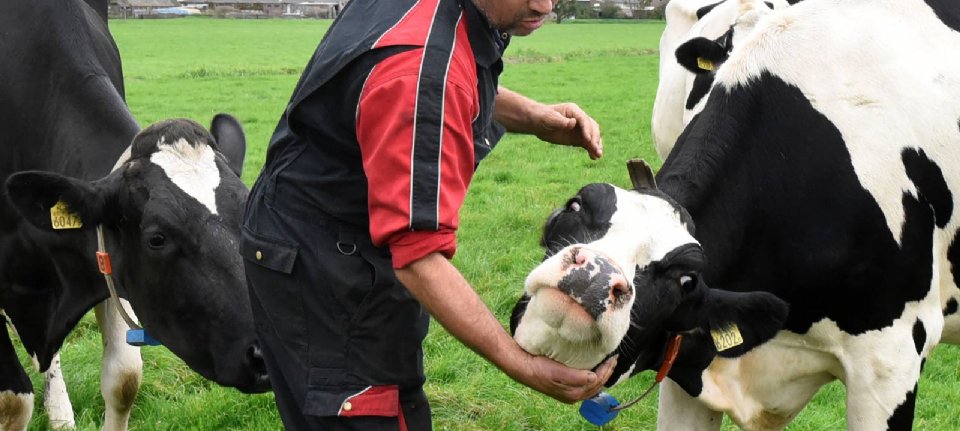
Adema wants to speed up the bluetongue vaccine
Outgoing Minister of Agriculture, Pete Adema, has encouraged pharmaceutical companies to come up with an effective vaccine against the bluetongue virus as soon as possible. But it is up to those companies to do so, and he cannot yet set a hard date. He will also talk to insurance companies about blue tongue insurance, although this will be difficult in his opinion now that the house has “caught fire.”
Adema stated this on Tuesday during Question Time in the House of Representatives in response to questions from Elaine Feder (CDA). “Farmers can try to protect their animals through, for example, timely ventilation and installation. But wiping is done with the tap open. The only thing that can help is the presence of a vaccine. This must be done in a hurry,” the minister said.
However, Adema believes that safety comes first. He said a potentially effective vaccine from South Africa, which Feder suggested, could be an option. “This vaccine is under investigation. We can authorize this more quickly. Safety comes first. This does not mean that the vaccine also introduces other types of viruses, as happened in 2006 to 2008 with a new type of bluetongue virus.”
The Minister knows that other pharmaceutical companies are also working on this. “Vaccines exist for other types of bluetongue, and perhaps a vaccine can be quickly developed for the currently dominant type. This development is up to the business community, and the government is encouraging it.”
Adema sees a difference from bird flu: “In the case of bird flu, it was agreed that governments would fight the disease. This was the case with bluetongue. Bluetongue is now a notifiable disease, where the risks and control fall on the sector and livestock farmers. This is also the case with bird flu.” It makes the government’s role different. The government compensates for damages caused by culls in the case of bird flu, for example, but that’s not an issue here.
Tom Van Campen (VVD) suggested that it would be good if ranchers could insure themselves against this. The damage in the sheep sector amounts to $2.7 million, but this is still not clear for livestock farming. According to the minister, it is difficult to secure a house when it catches fire. He has agreed to talk with insurance companies. The sheep sector has not explicitly chosen to establish an animal health fund from which damages can be compensated. “Otherwise something could have been arranged from there,” Adema said.

“Travel enthusiast. Alcohol lover. Friendly entrepreneur. Coffeeaholic. Award-winning writer.”
